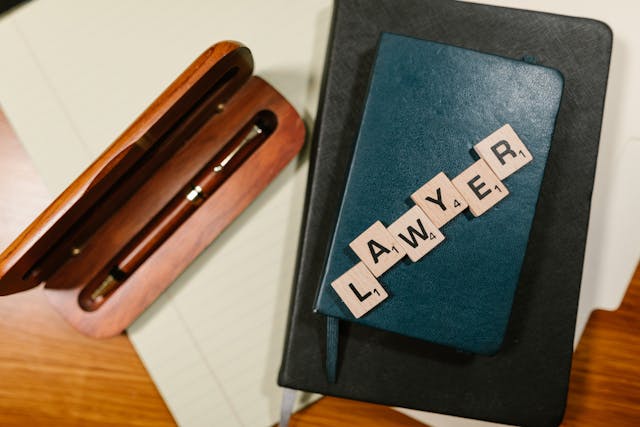Advisers say internal decisions not to self-report must be documented amid SRA scrutiny
In-house lawyers are being urged to meticulously record their reasons when choosing not to report themselves to the Solicitors Regulation Authority (SRA), as pressure grows on solicitors to justify non-disclosure decisions amid a shifting regulatory landscape.
The advice, offered by Andrew Pavlovic, partner at London law firm CM Murray, comes in the wake of a disciplinary case that exposed the risks facing in-house solicitors who operate without the compliance infrastructure common in private practice.
The case involved an in-house solicitor who was fined £15,000 by the Solicitors Disciplinary Tribunal (SDT) for using offensive nicknames for colleagues. The misconduct came to light only after an internal investigation at the solicitor’s employer was reported in the press. A member of the public later brought the matter to the SRA’s attention after reading the CityAM article.
During the tribunal proceedings, the SRA criticised the solicitor for failing to self-report the behaviour. However, the SDT rejected this criticism, noting that the solicitor’s employer had also chosen not to report the matter and that this decision was not unreasonable under the circumstances.
Embed from Getty ImagesBut the case has spotlighted the growing burden on in-house lawyers to independently evaluate whether their conduct—or that of their employer—meets the threshold for reporting.
Under current SRA rules, solicitors must “promptly report to the SRA… any facts or matters that you reasonably believe are capable of amounting to a serious breach” of the regulatory framework.
In private practice, this decision would often fall to a dedicated compliance officer. But many in-house solicitors, especially those working in unregulated environments or small legal teams, must navigate these complex judgments alone.
Pavlovic noted that the definition of a “serious breach” has expanded significantly in recent years, with the SRA increasingly pursuing disciplinary action in cases involving non-financial misconduct—such as workplace bullying, sexual harassment, or inappropriate language—rather than strictly financial or procedural wrongdoing.
“The challenge,” Pavlovic explained in a recent blog post, “is that the line between what is a ‘reportable’ breach and what is not has become far more subjective. This makes it vital for in-house lawyers to demonstrate that they thought carefully and responsibly about their obligations, regardless of the final decision.”
He advised solicitors to seek guidance directly from the SRA where possible and to speak to peers in other organisations for perspective. He also called on employers to provide formal regulatory training to in-house teams and to track whether such training has been made available.
Crucially, Pavlovic stressed the importance of making contemporaneous notes to document internal deliberations, advice sought, and the rationale for not reporting a matter. These records could serve as vital evidence if a future complaint is made about a failure to report.
“In a situation where a solicitor’s judgment is later questioned, a properly recorded paper trail could be the difference between a justified decision and a disciplinary sanction,” he said. “The key is not just making the right decision, but being able to prove you considered your obligations throughout the process.”
As the SRA continues its shift toward greater scrutiny of behavioural standards, the lack of formal compliance mechanisms in-house may no longer be seen as a defence. Pavlovic’s warning is clear: a solicitor’s duty to the regulator cannot be deferred—and silence may come at a price.





